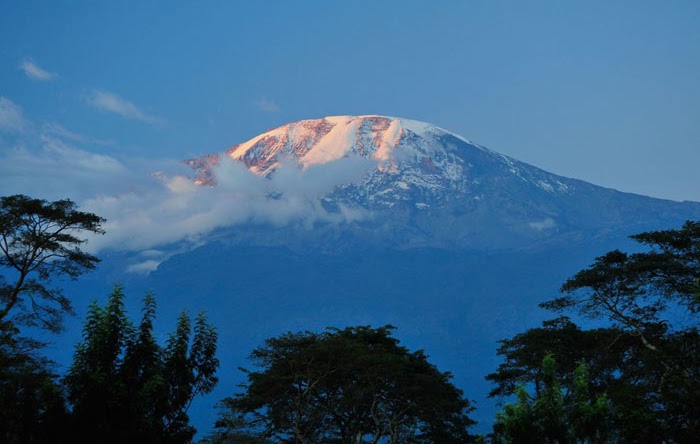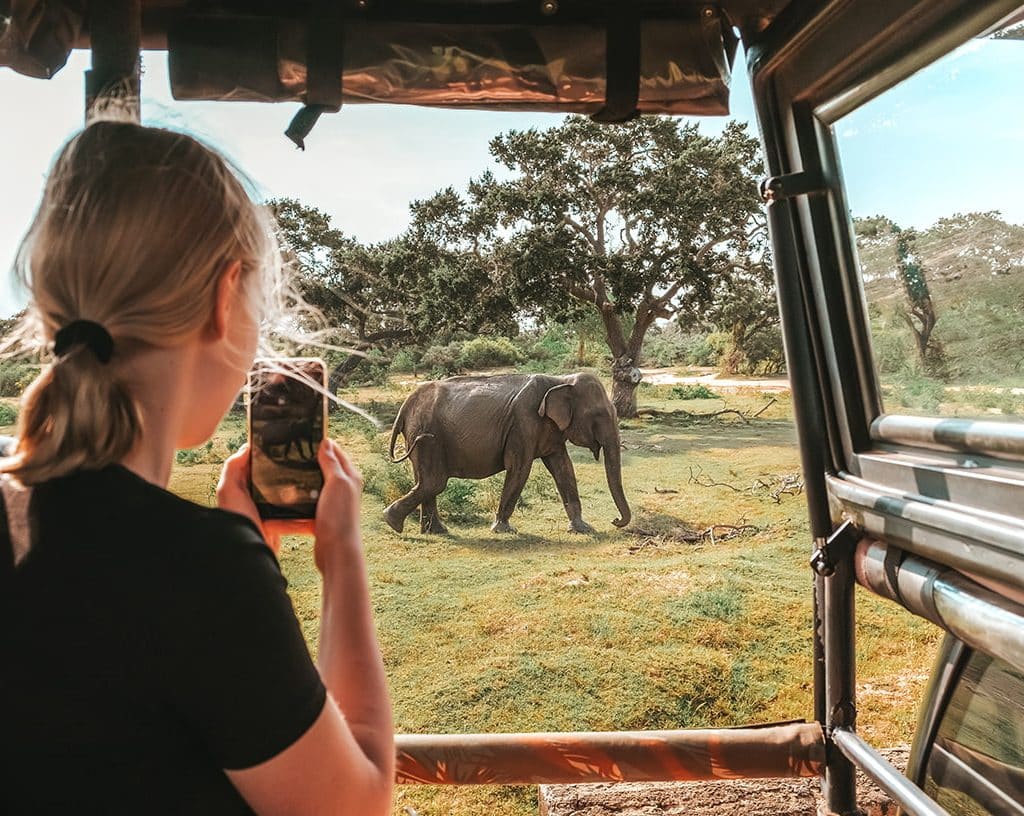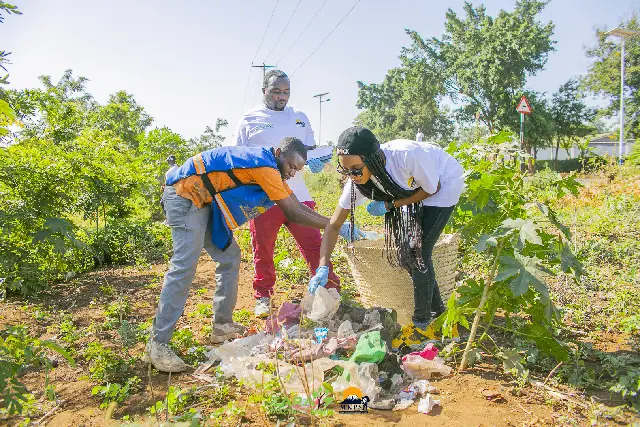A Cultural and Wildlife Journey for the Curious Traveler

Tanzania is more than just a world-class safari destination—it’s a land of ancient traditions, diverse tribes, and breathtaking wildlife. For any traveler seeking more than just sightseeing, understanding Tanzania’s rich cultural heritage and thriving ecosystems can turn a good trip into a life-changing one.
In this article, we explore Tanzania’s cultural tapestry and its world-famous wildlife, helping you prepare for an immersive and educational experience in East Africa.
Understanding Tanzanian Culture
Tanzania is home to more than 120 ethnic groups, each contributing to a vibrant national identity. From traditional music and dress to unique languages and beliefs, the country offers a truly diverse cultural landscape.
The Tribes of Tanzania
- The Maasai: Known for their red shukas, elaborate beadwork, and semi-nomadic lifestyle, the Maasai are among Tanzania’s most recognized ethnic groups. You can visit a traditional Maasai village through one of Zara Tours’ cultural experiences.
- The Chagga: Settled on the slopes of Mount Kilimanjaro, the Chagga are skilled agriculturists and brewers. Their underground tunnel systems and banana beer remain popular cultural highlights.
- The Hadzabe: One of the last remaining hunter-gatherer tribes in the world, the Hadzabe live around Lake Eyasi and offer unique opportunities for cultural immersion.
- The Sukuma: Tanzania’s largest ethnic group, the Sukuma are known for their energetic dance traditions and use of music as storytelling.
Swahili Language Tips
Swahili, or Kiswahili, is the national language and widely spoken across Tanzania. Here are some helpful phrases:
- Jambo: Hello
- Asante sana: Thank you very much
- Karibu: Welcome / Feel at home
- Pole pole: Slowly, slowly
Learning and using these basic phrases not only helps with communication but also earns you respect and connection with local communities.
Music, Dance, and Cuisine
Traditional Tanzanian music and dance are integral to weddings, storytelling, and community events. You may also encounter modern styles like Bongo Flava in urban areas.
Tanzanian cuisine is a flavorful mix of native ingredients and Swahili coastal influence. Some must-try dishes include:
- Ugali: A staple maize flour dish
- Nyama Choma: Grilled meat, often served with vegetables
- Chapati: A flatbread with Indian influence
- Mandazi: A fried snack, often sweetened
For cultural food tours and immersive village visits, Zara Tours offers custom packages that support local communities.
Exploring Tanzania’s Wildlife
Tanzania is one of the best places on Earth for wildlife encounters. From the Great Migration to rare bird species, the country offers unforgettable safari experiences.
The Big Five and More
Tanzania is home to Africa’s legendary Big Five:
- Lion
- Elephant
- Buffalo
- Leopard
- Rhinoceros
But it doesn’t stop there. You’ll also find cheetahs, giraffes, wildebeests, zebras, hyenas, hippos, and lesser-known species like the gerenuk and dik-dik.
Top National Parks in Tanzania

- Serengeti National Park: Famous for the annual Great Wildebeest Migration, Serengeti offers year-round game viewing.
- Ngorongoro Crater: A UNESCO World Heritage Site with a high concentration of wildlife and stunning landscapes.
- Tarangire National Park: Renowned for its elephant herds and baobab-dotted savannah.
- Lake Manyara National Park: Home to flamingos, hippos, and the rare tree-climbing lions.
For detailed itineraries and safari booking, explore Zara Tours safari packages.
Birdwatching Paradise
With over 1,100 bird species, Tanzania is a dream destination for birdwatchers. Visit during the wet season (November to April) to see migratory species alongside resident birds like kingfishers, hornbills, and fish eagles.
When to Visit and What to Expect
Best Travel Seasons
- June to October: Dry season, ideal for wildlife safaris
- November to April: Green season, great for birdwatching and lush scenery
Cultural Events and Festivals
- Bagamoyo Arts Festival: A celebration of Tanzanian music, dance, and visual arts
- Karibu-KiliFair: A major tourism and cultural trade fair held in Arusha and Moshi
Packing Essentials
- Neutral-colored clothing for safaris
- Comfortable walking shoes
- Lightweight jackets for cooler mornings
- Sunscreen and eco-friendly toiletries
- Reusable water bottle
Responsible Travel and Community Support

At Zara Tours, tourism is not just about exploration—it’s also about impact.
Through Zara Charity, travelers can directly contribute to initiatives such as:
- Moshi Kids Centre – Supporting orphans and vulnerable children
- Maasai Women Empowerment Program – Fostering economic independence
- Educational Scholarships – Enabling students in remote communities
Travelers are encouraged to book tours that include cultural visits and support ethical practices. You can also volunteer or donate to make a difference during your journey.
Final Thoughts
Tanzania offers a rare combination of natural beauty and cultural richness. By learning about the people and wildlife before you travel, you open yourself to deeper understanding and connection.
Whether you’re looking to witness the Great Migration, learn Swahili, or enjoy local hospitality, your journey to Tanzania will be filled with moments that matter.
Ready to start your adventure?
Book your experience with Zara Tours for cultural tips, travel updates, and exclusive offers.



